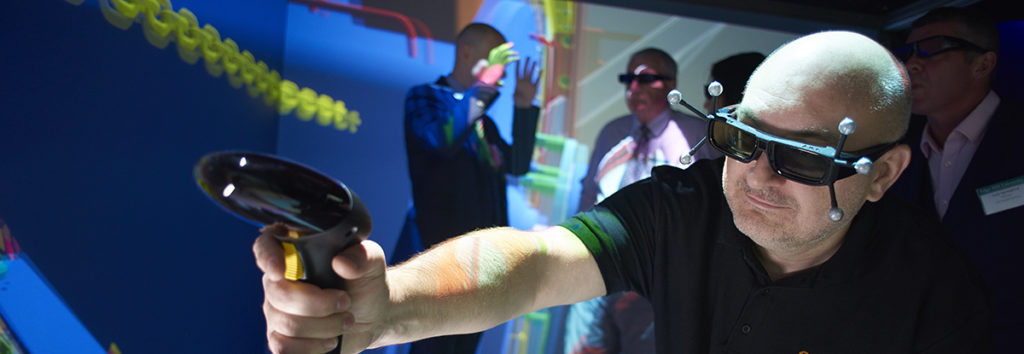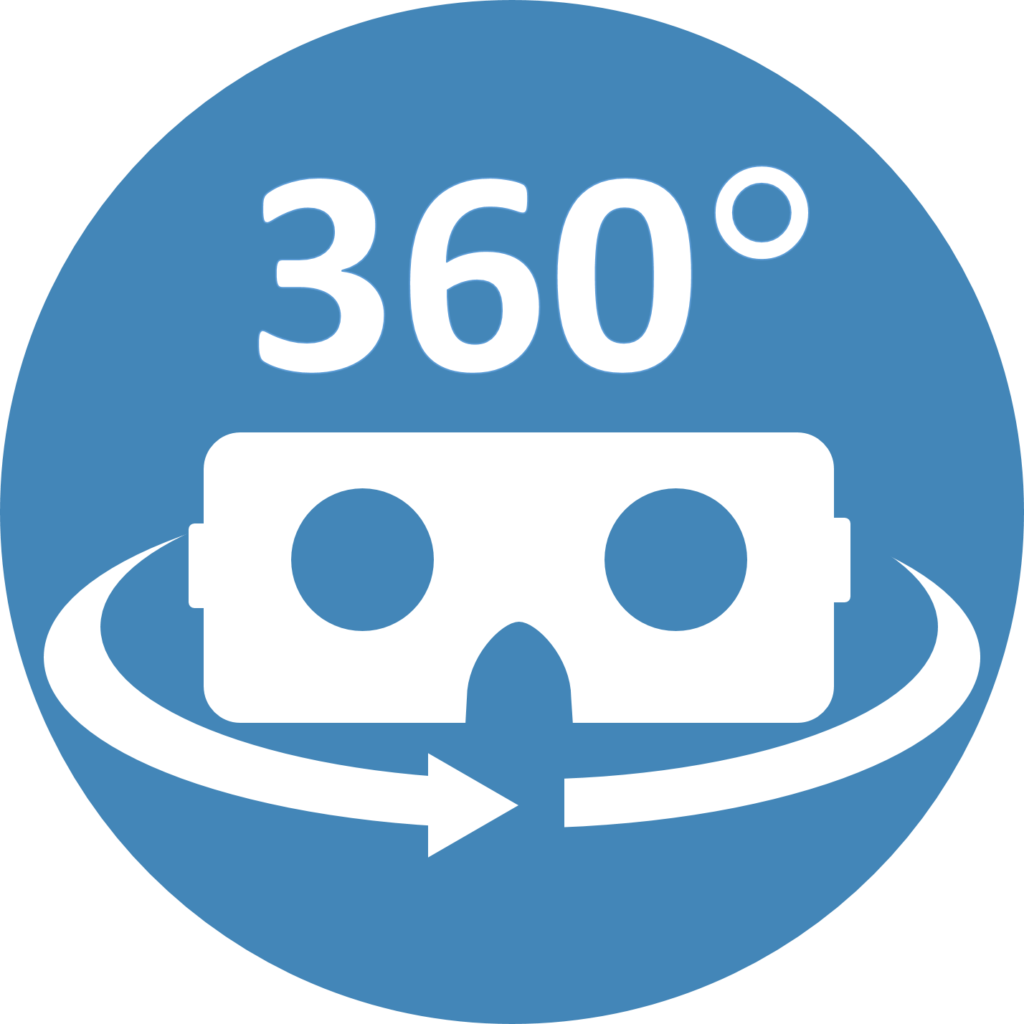Immersive technology changing the boundaries.
Before lockdown and the onset of social distancing, classroom teaching was the norm with just a few innovators willing to experiment with technologies that are truly immersive and engaging.
Covid-19 and Social Distancing has meant we all have to think differently and about ways of delivering exciting and engaging taught sessions. When normally we would be rubbing shoulders with each other, on campus or journeying together on a shared learning experience such as a field trip or an on-location workshop. The new norm is working at distance and from home, for many of us.
For every generation there will be something radical that changes the way we view the world around us, like a movement, event, a moment or an advancement, be it technological or otherwise. The Corona Virus is devastating, having a profound effect on all our lives. And yet isolation has, for many, brought people much closer together. Working from home, relying on technology to stay connected with each other, to the weekly ritual of clapping key-worker heroes for keeping us safe and to those keeping the country moving has, for many, been an inspiration.
Arguably, less devastating but by no means less impactful, for me and those of my generation, was the battle for supremacy between Betamax and VHS video cassette “Tape Wars“. We all know how that ended! Being able to record TV programmes, purchasing the latest movie rentals from the corner shop whist at the same time, buying the family groceries for the weekend, was a revelation!
Before video was seen as mainstream in education, the viewer experience was one of, large group viewing events, and live broadcasts. Those of us of a certain age will remember watching educational programmes or significant events on an oversized television, that had to be pushed in to a large assembly hall, on a trolley, by the Head Master or Caretaker, whilst you and your fellow pupils huddled together on a cold wooden floor.

With the advent of video, academics began to add recordings to their taught sessions, taking control of when to show videos that, in some cases, they had recorded themselves, usually on a VHS or Betamax tape cassette. Video recordings could now be linked to the topic and used as important viewing, aimed at supporting learning and following sessions for added context and explanation.
The latest video technology allows us to immerse ourselves in a whole new world and enjoy a completely different viewing experience.
Today’s immersive technology has the potential for delivering new and exciting spheres of learning. Academics are beginning to take advantage and are already deploying content such as 360-degree video into the taught curriculum, as an essential part of the student learning and experience.
Here at Edge Hill University academics are encouraged to explore 360-degree VR technology. Students can learn new skills, be introduced to real-world scenarios and conditions that they wouldn’t otherwise come across, because of, either an impairment or until graduating.

360-degree Policing.
Andrew Whittle (Programme Leader – Policing Degree) talks about how this technology is helping students on his courses come to terms with the complexities of being a Police Officer in today’s modern Police Force. Andrew and his team take students through real-time scenarios, where they are faced with a crime scene, with real challenges and clues for solving the case.

Policing Students investigate the scene of a crime, in this short 360-degree video, set within the grounds of a Victorian detached property, Edge Hill University’s Crime House Training and Simulation Facility. When viewing the video, click and drag the image to view the whole scene, as a student explores every inch for clues to help solve the case (transcript).
360-degree collaboration.
The English, History and Creative Writing Department has partnered up with the country’s oldest repertory theatre, Liverpool’s Playhouse Theatre, formally the Star Music Hall. The Department has worked with the University’s Learning Services to produce several recordings, including a series of 360-degree videos, artifacts and learning resources based in and around the building. Interviews with theatre staff provide a rich knowledge base, from which students can explore and use for research and course work.
Professor Paul Ward (Head of English, History and Creative Writing), talks about his vision of using technology such as 360-degree video on his programmes. Students studying English, History and Creative Writing, will explore and engage in more innovative ways of working. Paul also explains the importance of internal and external collaborative relationships, such as those his department has with Learning Services and the recent partnership with Liverpool’s Everyman and Playhouse Theatres.

Take a virtual tour of The Liverpool Playhouse Theatre, listen to Allan Williams’ (Liverpool Everyman & Playhouse Theatres, Learning Manager) commentary. Control this short video in every direction as you move through the recording toward and into the Liverpool Playhouse Theatre, situated on the eastern side of Williamson Square, before entering the auditorium views of the stage, stalls, circle and gallery space (transcript).
Inclusion and enrichment
Being able to challenge students with real-life situations and scenarios is increasingly possible. A major benefit of 360-degree video is inclusion, students can now access and experience challenging environments during lectures or from the comfort of their own home, anywhere they have access to the internet and at the click of a button.
360-degree creation can be as simple as using an app on your mobile device or with a standard 360 camera. Edge Hill University’s staff can call upon state of the art resources and expertise (Media Production Team). Developing external, collaborative partnerships, such as those forged by Faculties with local agencies, for example, North West Police Forces, NHS Hospitals Trusts and the creative arts industries, including Liverpool’s Everyman and Playhouse Theatres, contribute to enriching student’s experience and ultimately their learning.
Being able to explore immersive content that allows us to decide where to go, in storytelling isn’t new. However, with the latest video production techniques, it’s possible to move between spaces, access environments that might otherwise be too remote, activate portals (hot-spots) to more information and enter new unexplored realms that help tell the story on a number of levels.
Examples of 360 video used in education:
- Attenborough and the Giant Dinosaur – BBC One.
- Ruby Bridges: 6 Years Old and Desegregating a School.
- One World, Many Stories: Amman, Jordan.
- Re:Imagine Syria: Blending Virtual Reality and Virtual Exchange.
If you would like to learn more about using 360-degree content in teaching, talk to your Learning Technology Development Officer for more information.




